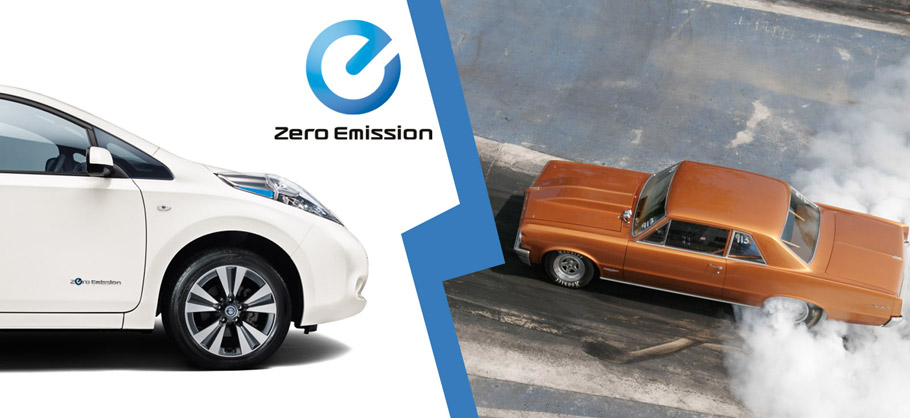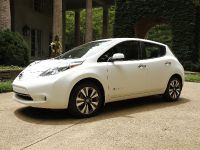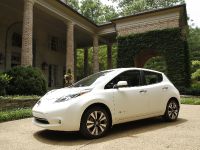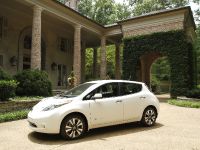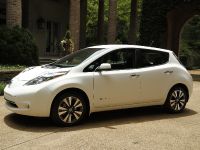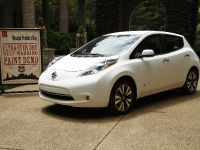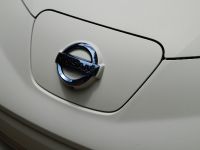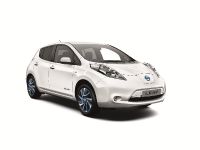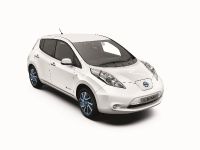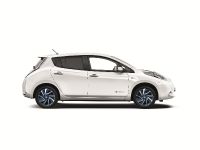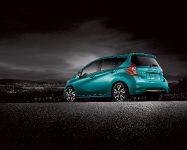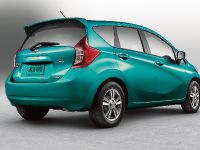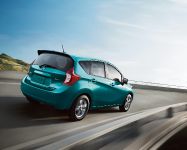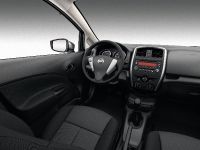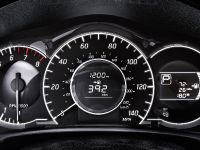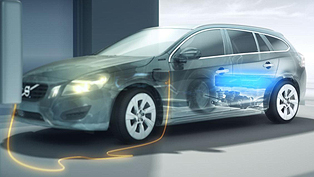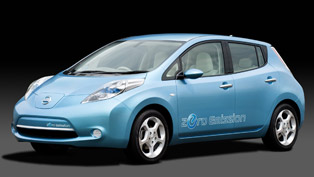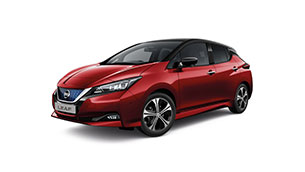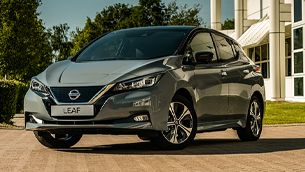Long term use of Electric Vehicles?
Or why it might be a strikingly bad idea
In ten years one million electric cars are expected to be rolling on the roads of America. There is a lot of money going on here, and billions have been invested in subsidizing the production of the EVs and all of the components they use. And we are all familiar with the benefits electric cars offer, but what we aren't exposed to is the disadvantages of owing an electric car.To be more specific, what the long term problems might be.
First, the cost is one major crux. Let's have an example to make things clearer and easier to grasp. Nissan Leaf, being the first battery electric vehicle that was mass-produced, costs two times more than a Nissan Versa, and both are being positioned in the same car range. If we exclude the eco-benefits of the first one, it seems that the Leaf doesn't make any sense.
For one, Leaf has only one fourth of the power of the Versa. But, you may now say there are still benefits, when taking into consideration that the electric energy is cheaper than the gasoline. Then you could compromise on power (but could you really). Here's the big catch. Sometimes electric cars need to be charged in large amounts in order to function properly. In addition, the long term benefit in investment like this is rather suspicious. If we have to make the appropriate calculations, it ends up that to get one's money back with an interest, it should take more than nine years of driving the Leaf everyday. These estimations are based on the fact that the EV is capable of traveling up to 60 miles on a single charge and to recover the purchase cost one should drive at least around 165,000 miles.
SEE ALSO: Autonomous cars - when will they take over? [w/video]
And how about the time? I mean the time it takes to travel with an electric car… Just imagine how busy people living in busy cities have to deal with deadlines, meetings, etc., within the traveling speed of an EV. Just hilarious! And it gets even funnier if you imagine that it runs out of energy during such nervous and erroneous time.
Have this mental picture: you are running late for an important meeting, driving your super fast EV, and eventually it seems to be out of charge. It is hot outside, but to extract an extra mile out of it you have to turn off the AC, the headlights and all technical stuff inside that require more energy. You end up sweating and perspiring, and late for your important meeting, thanking that you have left the EV behind (and completely dead) and got a cab, which was ironically driven by a combustion engine.
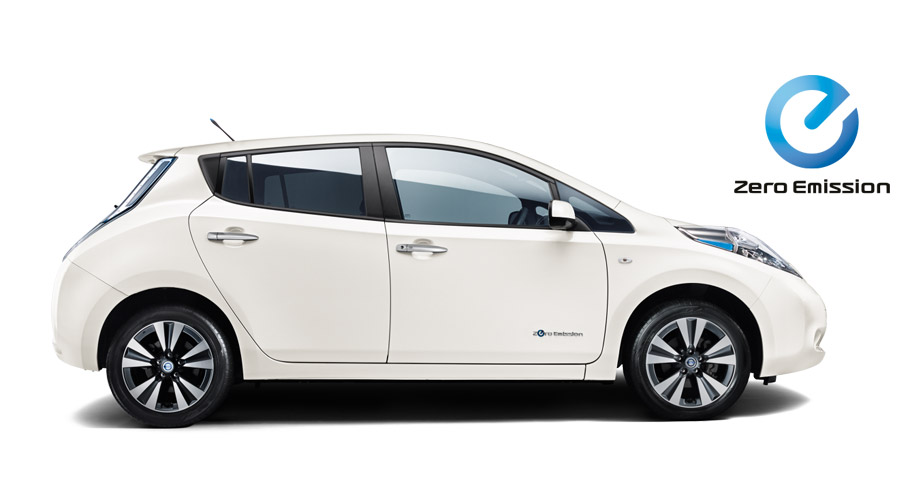
Regarding the time, there's another disadvantage. If you are driving a gasoline car, then when you run out of fuel, you just go to the gas station and refuel it (and go for additional 300 miles). Well, this isn't the case with the EVs. One of the biggest drawbacks here is that the recharging time varies from one hour for a fast recharge (but who could count on that) up to 20 hours for a full one (on a house current). And you would still go for 60 miles. It is extremely convenient, isn't it? To make things look a little bit better, companies have developed charging stations for an extra cost (of course), which reduce the charging times to 4 or 8 hours. But here's the catch. If use them too often, then you might end up buying new batteries for your EV, because it seems that the chargers (which you have bought for an additional amount of money) shorten their life. But if you have chosen to drive an electric car in a long term plan, you will still end up changing the batteries. In this case you should prepare around $5,000… or more.
Looking beyond the benefit of no-gas-fuelling and zero-CO2 emissions, the electric cars seem to NOT be the best choice for transportation means in a long term plan. But you could still wishfully want to save the environment. To keep you thinking, the CO2 emissions produced by the U.S. electric power sector are about 37% of the total U.S. energy-related CO2 emissions, while 31% are associated with combustion of fossil fuels used by gasoline and diesel cars.
